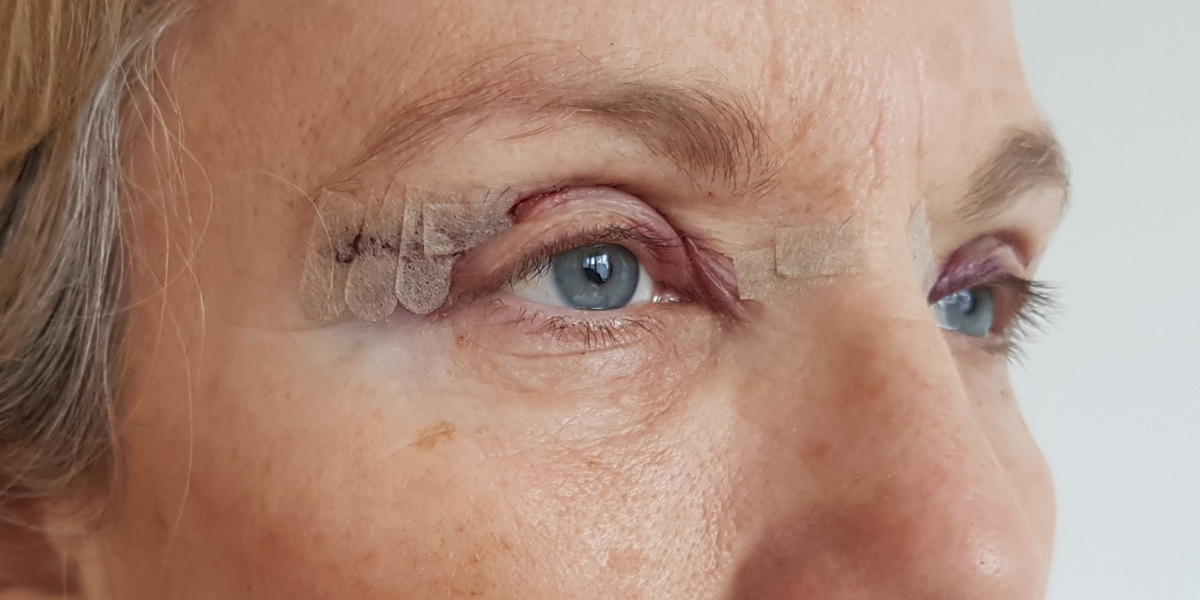Blepharoplasty recovery guide: Tips for a smooth healing process
Blepharoplasty, commonly known as eyelid surgery, is a transformative procedure that can rejuvenate your appearance and boost your confidence. While the results can be life-changing, the quality of your recovery plays a crucial role in achieving the desired outcome. Let’s look at some tips for a smooth healing process to ensure you get the results you want.
First and foremost, adhere to your surgeon’s post-operative instructions diligently. These instructions are given to optimize your healing and recovery. They typically cover topics like wound dressing, medication and activity restrictions. If you have any questions or concerns about your post-operative directions, speak to your surgeon.
Swelling and bruising around the eyes is common after blepharoplasty. To reduce these side effects, apply cold compresses as directed by your surgeon and keep your head elevated when resting. Your surgeon may prescribe eye drops to prevent dryness or irritation. Use these drops as directed to maintain eye comfort.
Shield your eyes from any potential harm during the early stages of recovery. Avoid strenuous activities, contact sports and exposure to dust or smoke that could irritate your eyes. Excessive screen time can also strain your eyes and slow down the healing process. Minimize the use of phones, tablets and computers in the days following surgery. If you must go outside, wear sunglasses.
Refrain from wearing makeup and contact lenses for the initial days following surgery. These can introduce bacteria or cause eye irritation. When washing your eyes and face, use a mild and hypoallergenic skincare regimen that is safe for your healing skin. Avoid harsh products, including exfoliants and certain ingredients, until your surgeon approves their use.
Ensure you have ample time for rest and recovery. Schedule time off work and minimize daily responsibilities to allow your body to heal at its own pace. In addition to rest, maintaining a healthy lifestyle with a balanced diet, sufficient hydration and enough sleep is also instrumental in the healing process. It promotes overall recovery and supports the long-term health and appearance of your eyelids.
Attending your follow-up appointments with your surgeon is also important. They provide an opportunity to assess your progress, address concerns and make any necessary adjustments to your care plan to ensure the healing process continues to move forward. Remember that recovery is a gradual process. Initial results may include swelling and bruising, and your final outcome may take a few weeks to fully emerge.
Want to learn more about blepharoplasty? Call Dr. Kevin I. Perman at (301) 571-0000.

